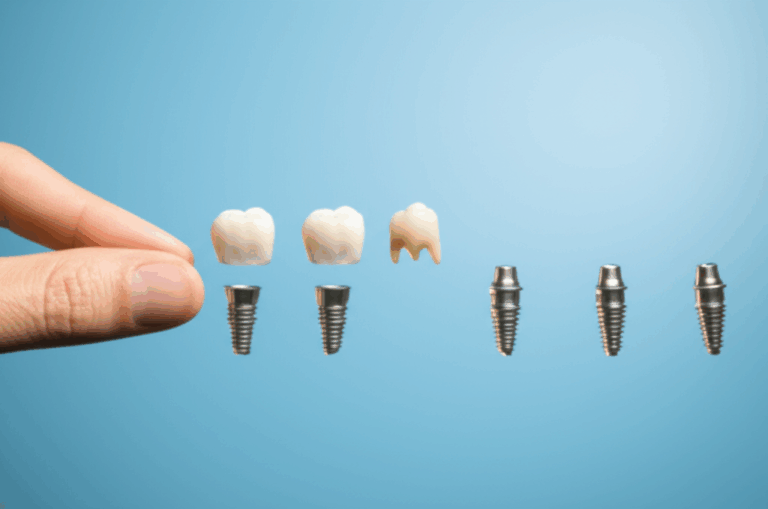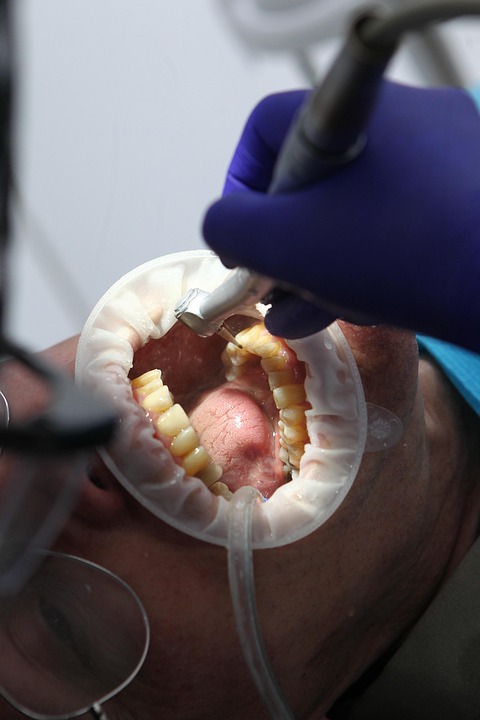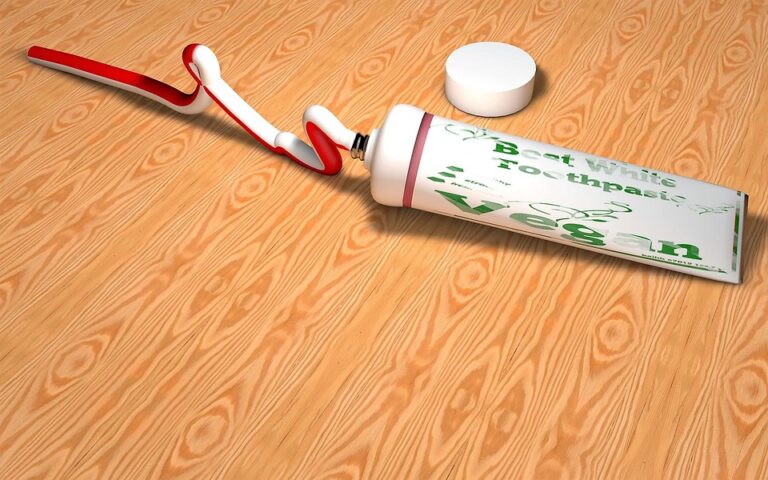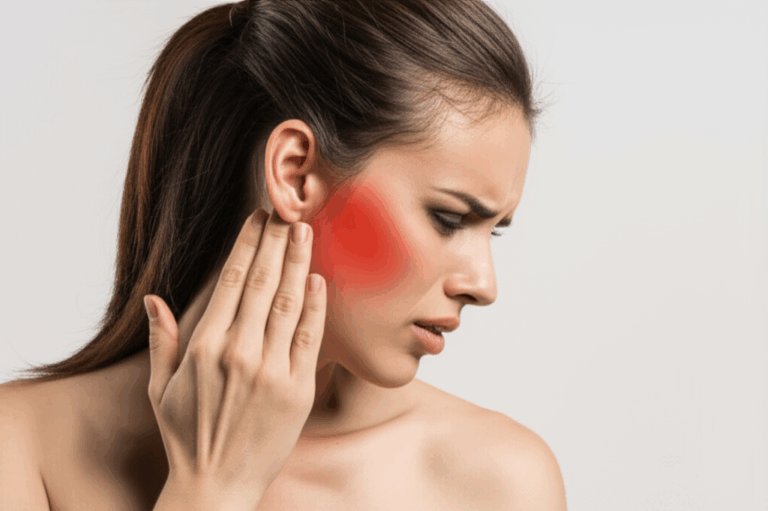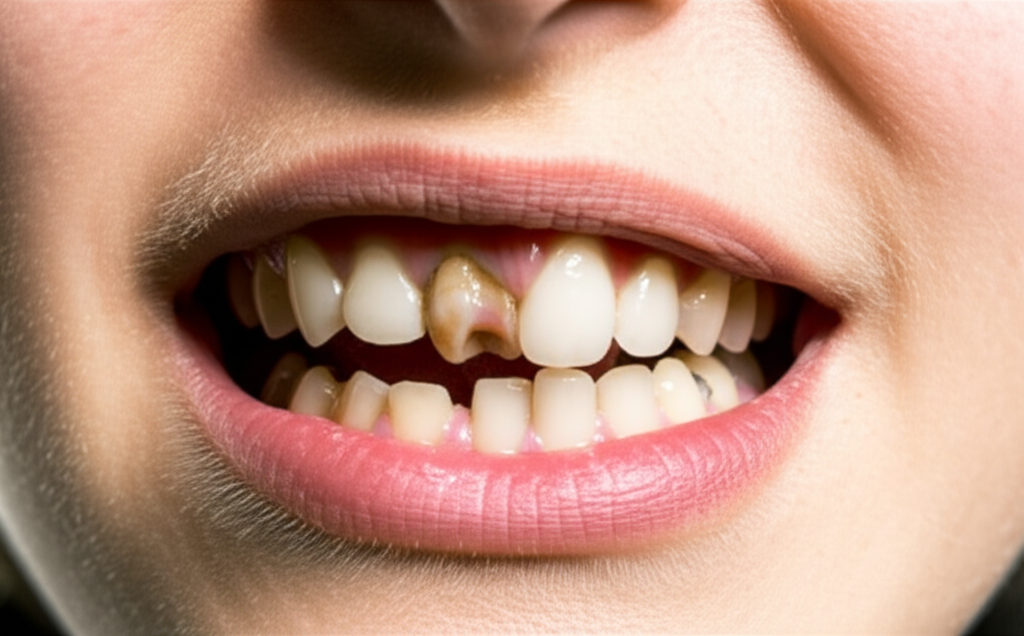
Can Bad Teeth Cause Digestive Problems? The Surprising Link Between Oral Health and Gut Health
Have you ever wondered if your nagging dental problems—like sore gums, bad breath, or missing teeth—might be part of your stomach troubles? Maybe you have indigestion, gas, or an upset tummy, and you can’t shake the feeling that it all starts with your teeth. You’re not alone. Many people think about a link between oral health and gut health, even if their doctor or dentist hasn’t brought it up. And here’s the truth—it’s not just in your head. Science now says your guess is right.
Direct Answer:
Yes, bad teeth and poor oral health can cause digestive problems. New research has shown there’s a strong link between your mouth and your stomach—even one small problem up top can mean bigger trouble down below.
Let’s look at why your teeth matter for your belly, which signs to watch for, and—most importantly—what you can do to keep both your mouth and your gut healthy.
In This Article
- The Mouth-Gut Connection: Why Oral Health Impacts Digestion
- How Bad Teeth Impact Digestion: The Key Mechanisms
- Which Digestive Problems Can Be Linked to Poor Oral Health?
- Oral Health Conditions That Put Your Gut at Risk
- Solutions & Prevention: Your Guide to Better Oral and Gut Health
- When to Seek Professional Help
- Key Takeaways: Empowering Your Whole-Body Health
The Mouth-Gut Connection: Why Oral Health Impacts Digestion
It all starts at the top. Your mouth and your stomach aren’t two different zones. Think of your digestive system like one long water slide—what goes in at the start affects everything going down.
Why does this matter?
For years, people thought a tooth cavity or gum swelling meant nothing but pain, not realizing the mouth is actually a big “doorway” to the entire body. Your mouth affects how you digest food, eat, and even how sick you can get.
- The oral microbiome (the “bugs” living in your mouth) talks to the gut microbiome (the “bugs” in your gut). If bad bacteria grow too much in your mouth, they can travel down and mess up the gut bacteria too.
- Chewing is the first big job in digestion. If it doesn’t happen well, your stomach and bowels have to work harder.
- Swollen gums and tooth infections don’t stay put. They can send inflammation (your body’s “alarm signals”) everywhere, including your gut.
If your mouth isn’t healthy, your gut—and the rest of your body—can feel it, often in ways you don’t expect.
How Bad Teeth Impact Digestion: The Key Mechanisms
Let’s break down how dental problems cause tummy issues, step by step. No fancy talk—just what really happens inside you when your mouth is in trouble.
Not Chewing Food Well (Mastication)
Imagine trying to eat steak with only your gums or having an apple when your teeth hurt or are missing. That’s hard! Your teeth break food into small bits—this is called chewing, and it matters a lot.
When chewing is poor:
- Big food chunks hit your stomach, making it work extra hard.
- Your body can’t get as many nutrients out of the food.
- Swallowing gets harder, which can be uncomfortable or even feel like food is stuck.
If you wear dentures, are missing teeth, or teeth hurt when you chew, you may eat fast or skip certain foods. Over time, this creates more tummy problems.
Example:
Older people with missing teeth often report upset stomach, constipation, or not getting enough vitamins because chewing is hard.
Too Many Mouth Bacteria and Upset Gut Bugs
Your mouth is full of bacteria. Some are harmless, but others like Porphyromonas gingivalis (causes gum disease) and Streptococcus mutans (leads to cavities) can be bad.
- Gum disease and untreated holes in your teeth give these bacteria a place to grow.
- When you swallow, the bad bacteria can go to your gut.
- There, they mess up your gut bacteria—this is called gut dysbiosis.
- This can lead to gas, bloating, and some tummy diseases like Small Intestinal Bacterial Overgrowth (SIBO).
Body-Wide Inflammation: When Mouth Problems Spread
A sick tooth or sore gum doesn’t just stay in the mouth. Bad teeth let off chemicals (body “danger signals”) that get into your blood. Over time, this can:
- Hurt the lining of your gut, making it “leaky” (known as “leaky gut”).
- Make your immune system more jumpy, which can upset your stomach.
- Raise the chances of ongoing illnesses like Irritable Bowel Syndrome (IBS) and Crohn’s disease.
Anecdote:
People with bad gum disease are two to three times more likely to get tough gut diseases like IBD than those with healthy gums.
Dry Mouth Messes Up Digestion
Saliva isn’t just for wetting your mouth—it helps digestion a lot:
- It has enzymes (like amylase) that start breaking down bread and other starches.
- Makes it easier to chew and swallow food.
- Helps wash away bacteria.
If teeth problems cause dry mouth (from medicine or not brushing enough), you lose this important part of digestion. That means harder to eat, more bacteria, and weaker digestion.
Eating the Wrong Foods
- Mouth pain or loose teeth can make you stop eating fresh fruits, veggies, and other healthy foods.
- You may eat more soft, sweet, or processed foods instead.
If your diet loses variety (especially fiber), digestion slows down and your gut “bugs” struggle.
Which Digestive Problems Can Be Linked to Poor Oral Health?
Bad teeth aren’t just a mouth issue. Real research and everyday stories show certain stomach problems are strongly linked to your teeth and gums:
Indigestion & Acid Reflux (GERD)
If you don’t chew well, your stomach works harder, so you might feel:
- Heartburn
- Burping
- Nausea
- Stomach aches
Sometimes, gum or tooth problems make GERD (acid reflux) worse—or the other way round.
Did You Know?
Not only does acid reflux hurt your teeth, but bad gums can make reflux feel worse too, because of bacteria and swelling.
IBS & IBD
People with gum disease get IBS and IBD (like Crohn’s and ulcerative colitis) more often. This isn’t bad luck—it happens because of mouth bacteria and body swelling.
Not Getting Enough Nutrients
If you can’t chew well or if eating hurts, you get less good food.
Signs you might notice:
- Being tired a lot
- Losing weight
- Getting sick often
- Hair or skin looking dull
This is especially risky for older folks and people without lots of teeth.
SIBO
This stomach issue happens when bacteria from your mouth move down into your small intestine and take over. Results can include:
- Gas and bloating
- Trouble with the bathroom (diarrhea or constipation)
- Not enough vitamins or minerals
There’s strong proof that oral bacteria help cause SIBO.
Stomach Ulcers & H. pylori Infection
Did you know your mouth can hide H. pylori—the germ behind many stomach ulcers? Getting your teeth cleaned can help as much as taking antibiotics when you’re trying to clear out an ulcer-causing infection.
Oral Health Conditions That Put Your Gut at Risk
Not every tooth problem is the same. Here are some of the biggest causes of digestion issues:
1. Gum Disease: Gingivitis and Periodontitis
Gum trouble isn’t just red gums—it creates a steady flow of bad bacteria into your body.
- Main signs: Swollen, sore, or bleeding gums, and bad breath
- Linked to: IBS, IBD, SIBO, nutrition problems, and ongoing swelling
2. Holes (Cavities) & Dental Abscesses
A cavity isn’t just a “tiny hole.” If the decay goes deep, it can cause infection and let even more bacteria into your blood and gut.
3. Missing Teeth or Poor-Fitting Dental Work
If you have gaps in your teeth or badly fitting dentures, chewing gets a lot harder.
- This leads to: Larger food chunks, skipped healthy foods
- Risk goes up: For malnutrition, upset stomach, and more gut work
Want better dental options? Take a look at removable dentures or crowns and bridges that look and work well, so you can chew better and feel better.
4. Crooked or Crowded Teeth
It might seem like just a looks thing, but crowded or misaligned teeth:
- Trap more germs and food
- Make brushing and chewing tough, pushing up the risk of digestion issues
Solutions & Prevention: Your Guide to Better Oral and Gut Health
Let’s switch from problem to solution. Here’s what you can do, starting right now, to help both your teeth and your tummy.
A. Step Up Your Brushing Game
- Brush twice a day with toothpaste that has fluoride.
- Floss every day—this is not optional! It cleans the spots your brush can’t get to.
- Use mouthwash that kills germs.
- Get a new toothbrush every 3-4 months.
Pro tip: Get check-ups with your dentist. You might feel fine, but lots of gum or tooth problems hide out until they get really bad.
B. Don’t Wait to Fix Tooth Trouble
If something feels off—pain, bleeding, or loose fillings—see a dentist. Fixing problems early stops them turning into bigger health worries.
- Fill cavities and treat gum disease fast.
- Consider fixing missing teeth. New choices from a digital dental lab give you teeth that look real and chew well.
C. Support Your Gut, Too
- Eat lots of fiber—fruits, veggies, whole grains.
- Add foods with good bacteria (yogurt, kefir, sauerkraut) and foods that feed them (onions, garlic, bananas).
- Drink plenty of water—if you get dry, your mouth dries out fast!
What about supplements?
Some people find probiotics helpful, especially after a dental infection or antibiotics, but check with your doctor first.
D. Eat Mindfully
- Slow down. Chew your food all the way before you swallow.
- Avoid taking big bites that your stomach has to work hard on later.
E. Work with Dentists and Tummy Doctors
If you have messy or ongoing tummy or dental trouble, get both your dentist and a gut doctor involved. Teamwork can help faster.
F. What Can You Do at Home vs. the Dentist?
At Home
- Brush and floss well
- Eat less sugar and snacks
- Check your mouth for pain, bleeding, or weird smells
With Professionals
- Get deep cleanings if you have gum disease
- Fix teeth with crowns, bridges, implants, or dentures
- Get full-mouth checkups and X-rays to catch trouble early
Not sure what to do? Start by booking a check-up. You don’t have to commit to treatment—just get some answers.
When to Seek Professional Help
Don’t wait until it’s a big emergency. See a dentist, doctor, or both if you notice:
- Stomach trouble (like heartburn, gas, or tummy aches) that won’t quit and you have mouth problems
- New or worse tooth or gum pain with stomach upset
- Weight loss or signs you’re not getting enough nutrients
- Trouble eating, chewing, or swallowing food
- A history of long-term sickness like diabetes, IBS, or heart trouble—these make mouth-gut issues more likely
Remember:
While it’s great to start good habits at home, stubborn or growing problems mean it’s time to get help. You don’t have to figure this out by yourself.
Key Takeaways: Empowering Your Whole-Body Health
You came here wondering: “Can bad teeth cause digestive problems?”
Now, you know they can—and you have tools to fight back. Quick recap:
- Your mouth and your tummy are connected. Trouble in your mouth can cause or worsen gut trouble—by making chewing harder, letting in germs, causing swelling, or by making your diet less healthy.
- The top dental risks for your gut are gum disease, untreated cavities, lost teeth, and bad dental work.
- Digestive problems linked to bad teeth include heartburn, reflux, IBS, poor nutrition, and even ulcers.
- Brush and floss, deal with tooth issues soon, eat lots of fiber, and build a dentist-doctor team if you need it.
- When you’re uncertain, ask your dentist or doctor about the mouth-gut link. Don’t be shy about wanting whole-body care.
Easy Actions to Start Now:
- Brush and floss, and check your mouth for early signs of trouble.
- Don’t wait to fix mouth issues—small problems can get big fast.
- Slow down, chew well, and eat a mix of healthy foods.
- If you’re unsure, it’s always OK to talk with your dentist or doctor about how teeth and tummies are tied together.
A healthy mouth sets the stage for a healthy gut—and a happier, healthier you.
Start making changes today.
Sources and Further Reading:
- CDC Data on Periodontal Disease
- Liu, L., et al. “Periodontal Disease and Risk of IBD.” J Clin Periodontol, 2017.
- Sun, X., et al. “Oral Microbiota in IBD.” Inflamm Bowel Dis, 2021.
- Sheiham, A., et al. “Oral health, nutrition, and the elderly.” Gerodontology, 2001.
- Castellarin, M., et al. “Fusobacterium nucleatum infection in colorectal cancer.” Genome Res, 2012.
- Official ADA Recommendations
This article is for your information only. Always check with a healthcare professional for advice about your own teeth and health.
If you want to learn more about how modern dental technology can help you chew better and feel better, check out info on options from a digital dental lab, see removable dentures that look real and feel comfy, or look into strong choices from a crown and bridge lab.
Better teeth are within your reach—your belly will thank you!

